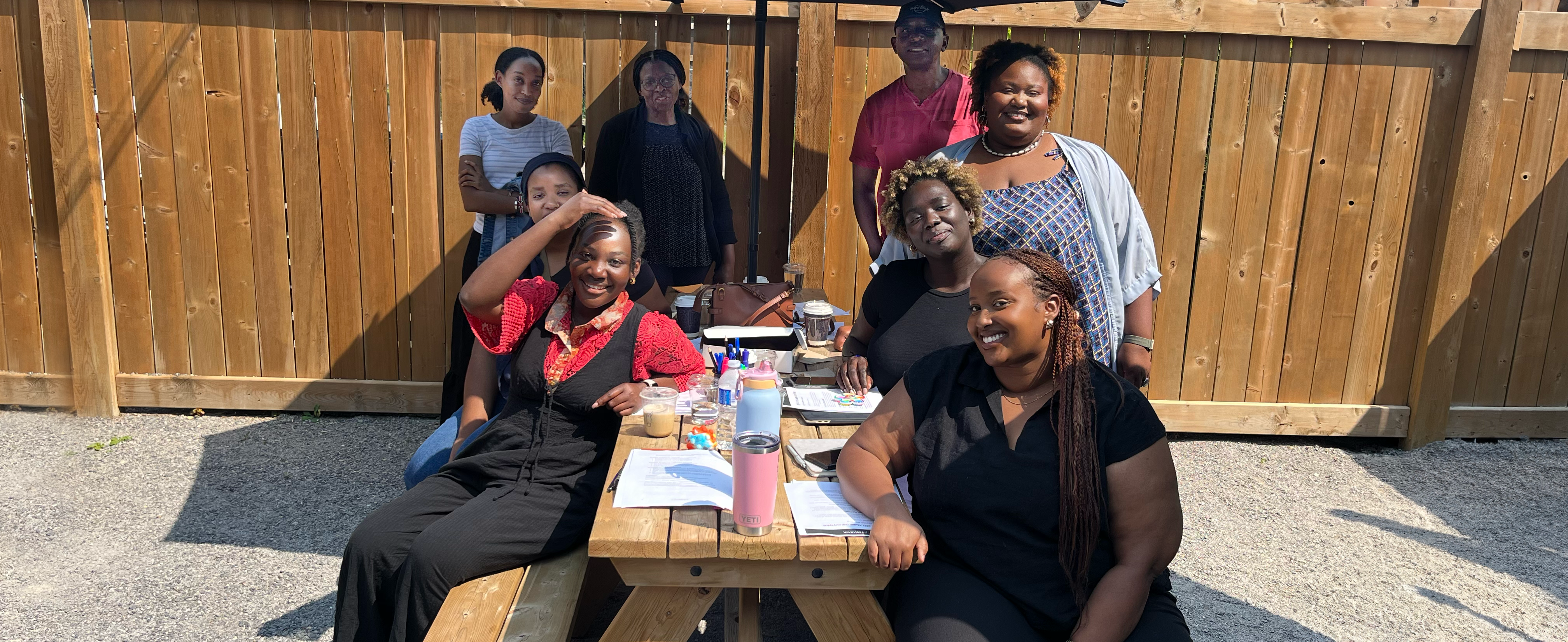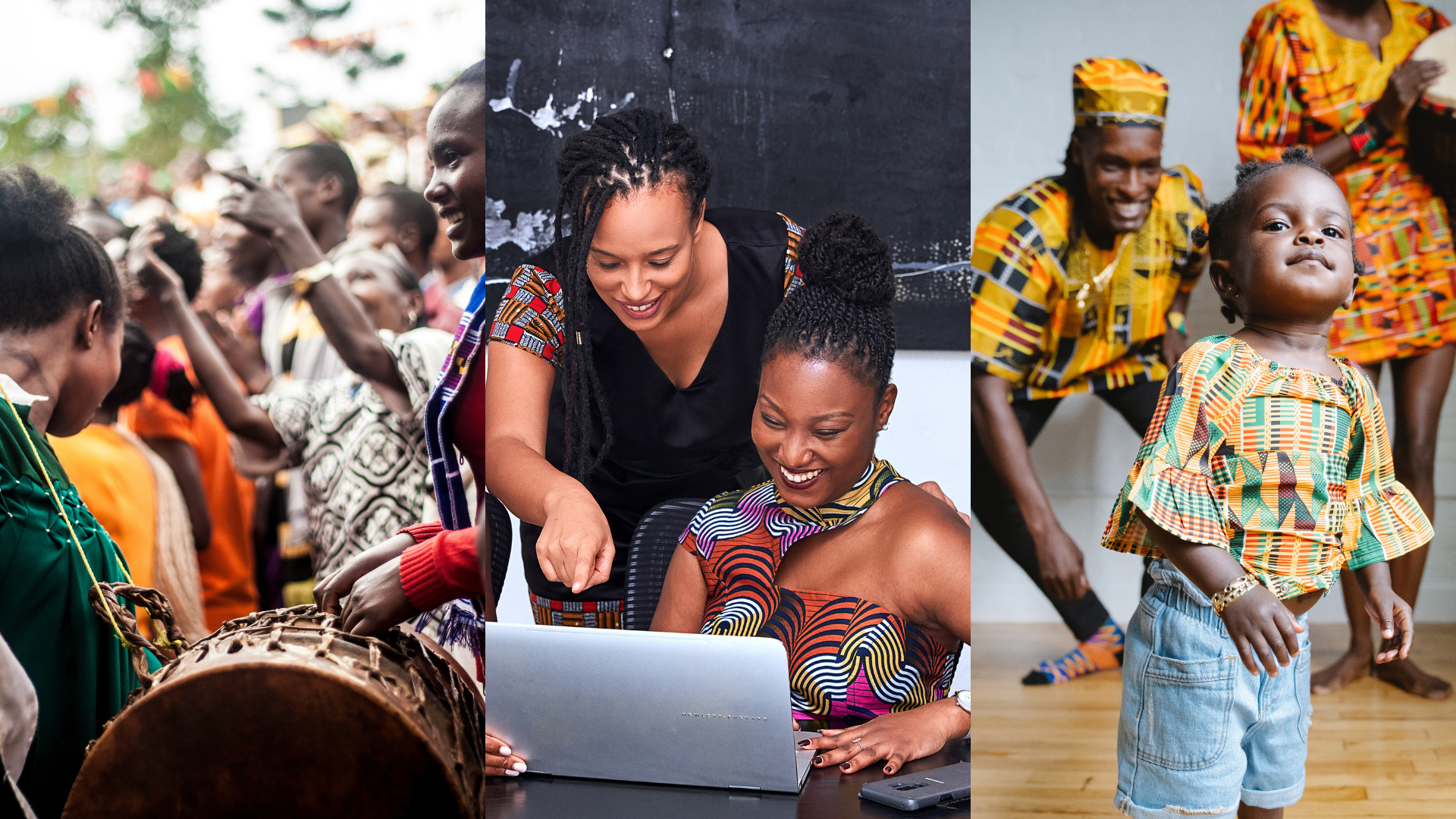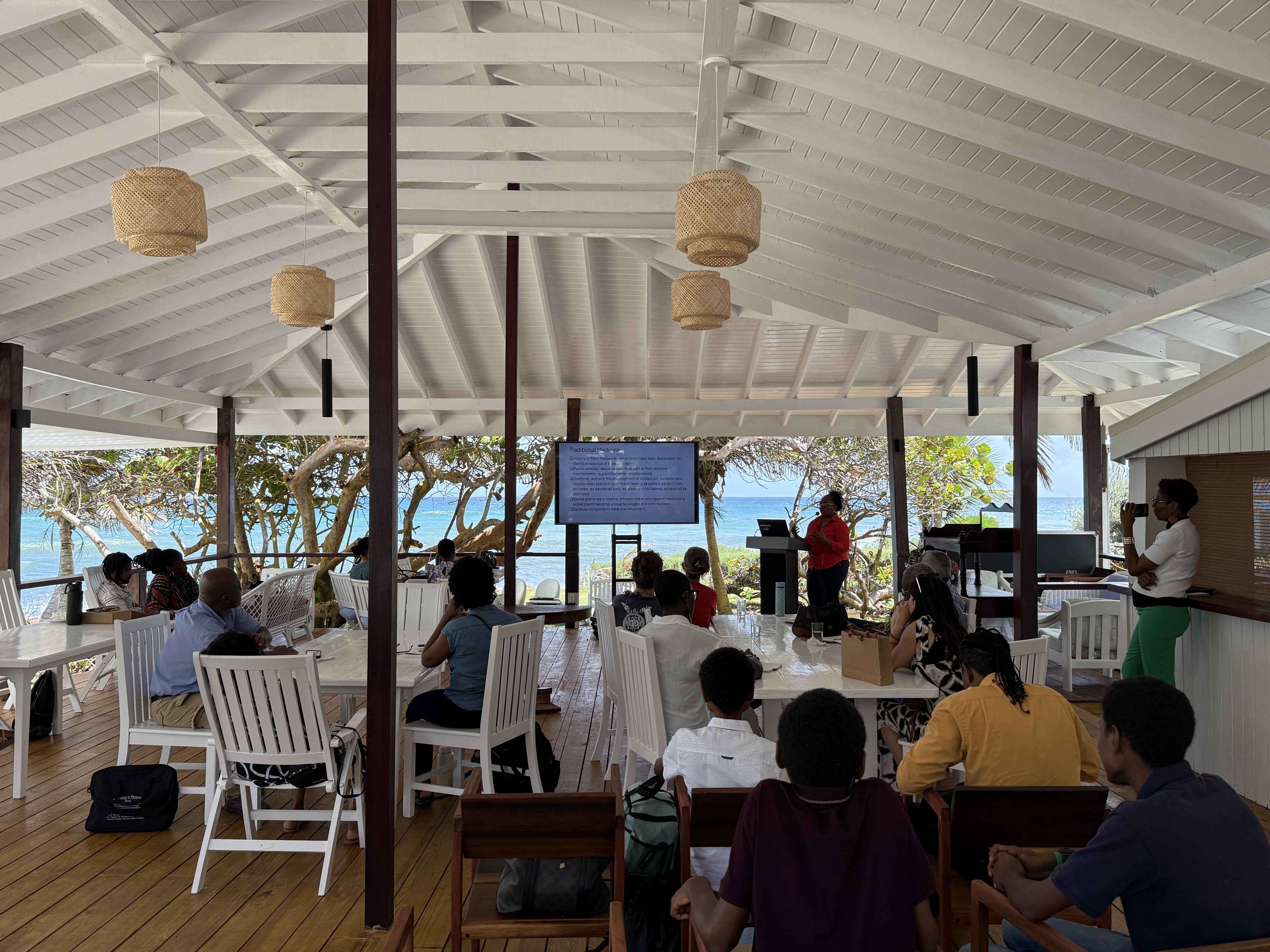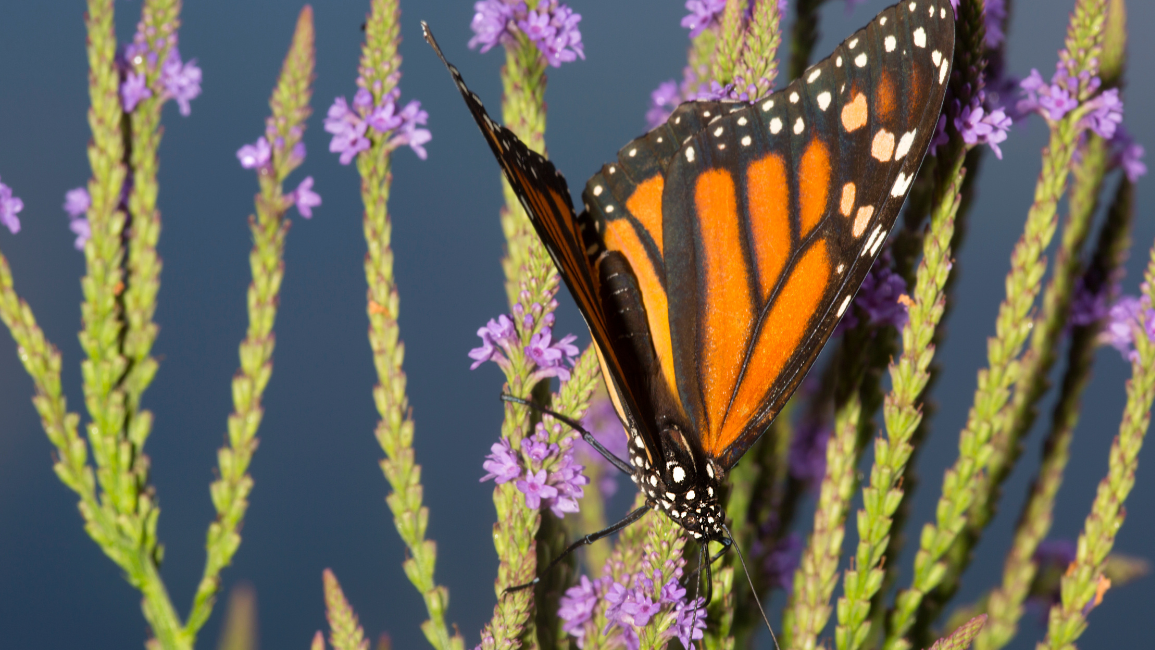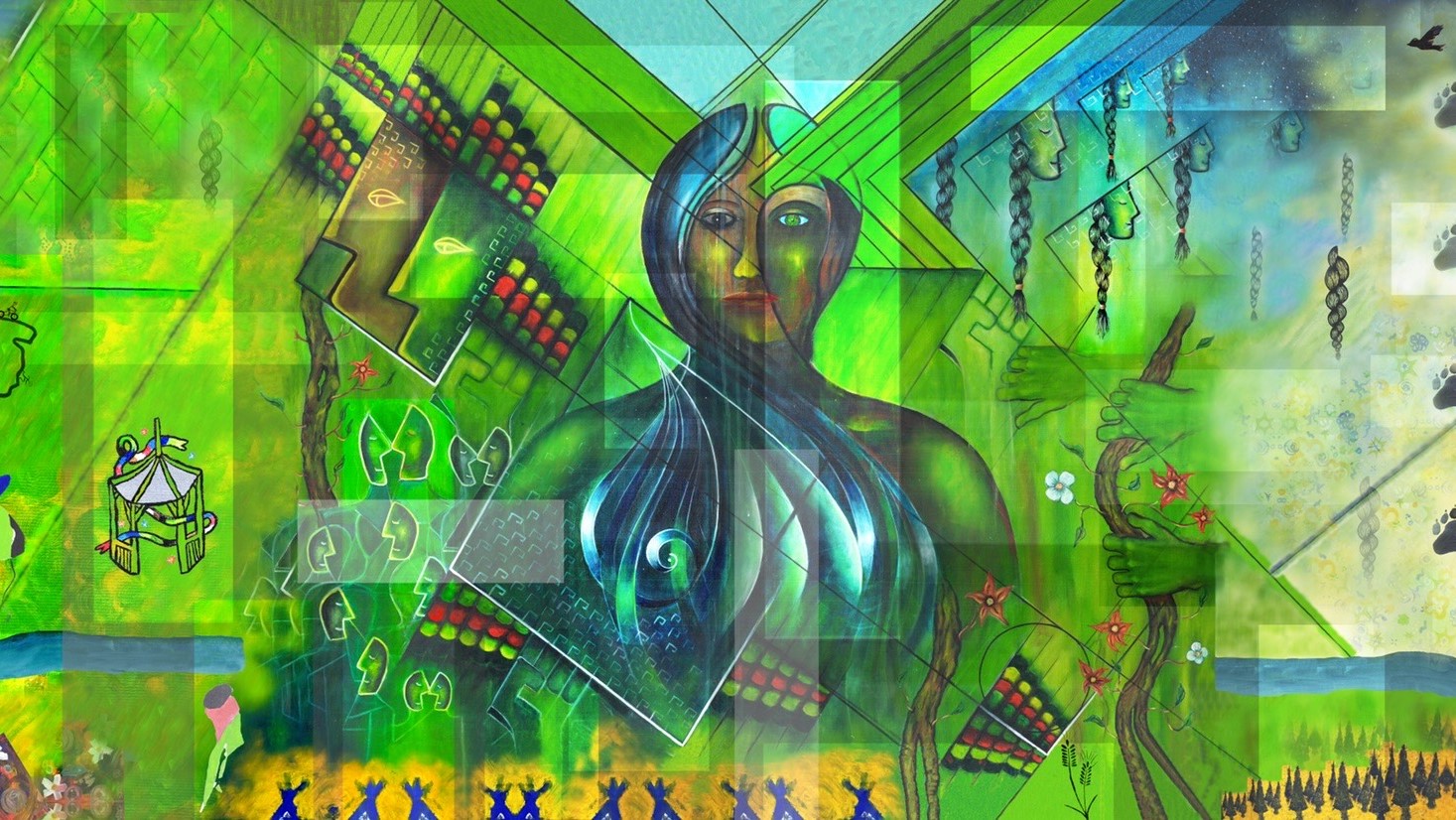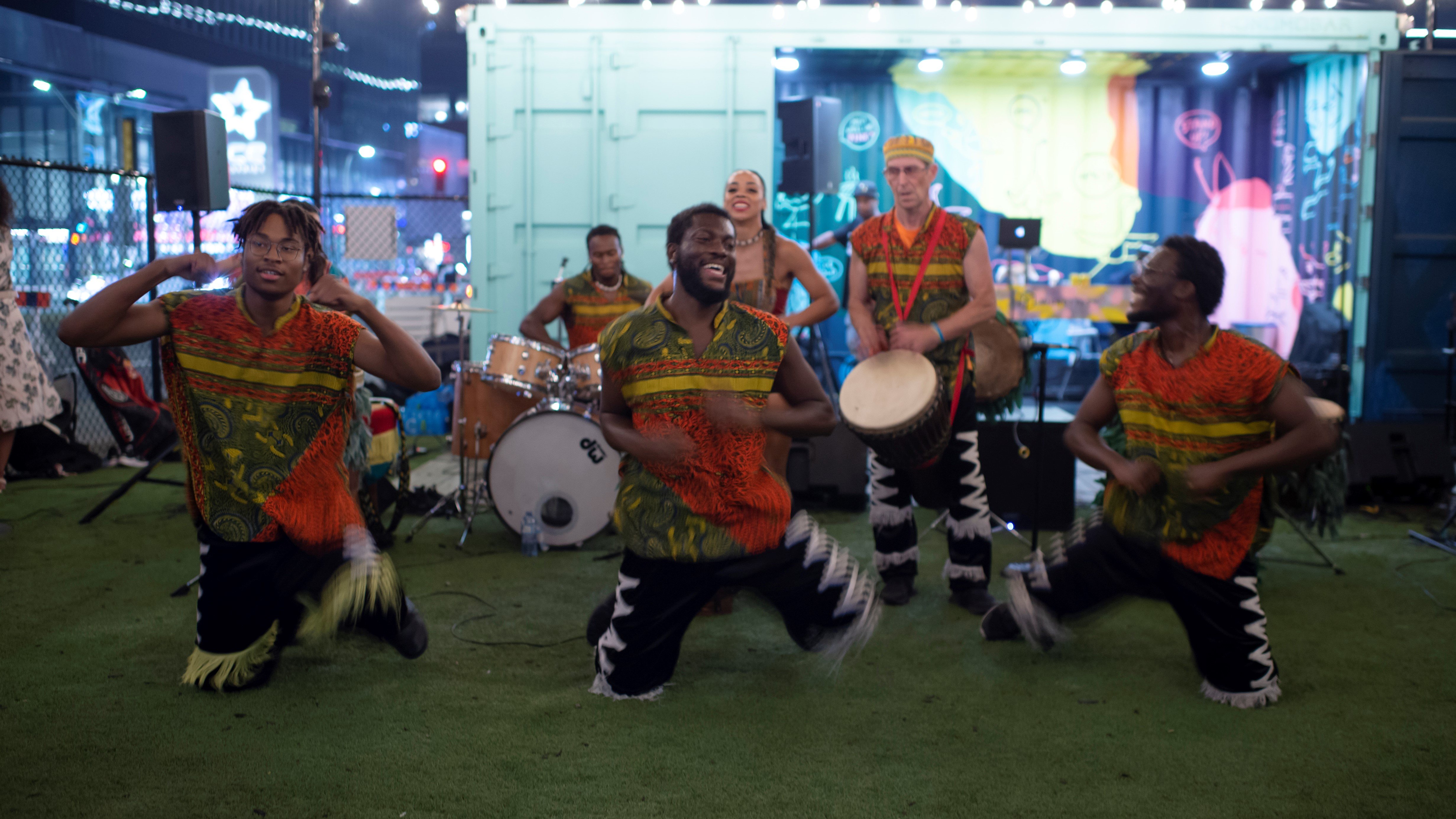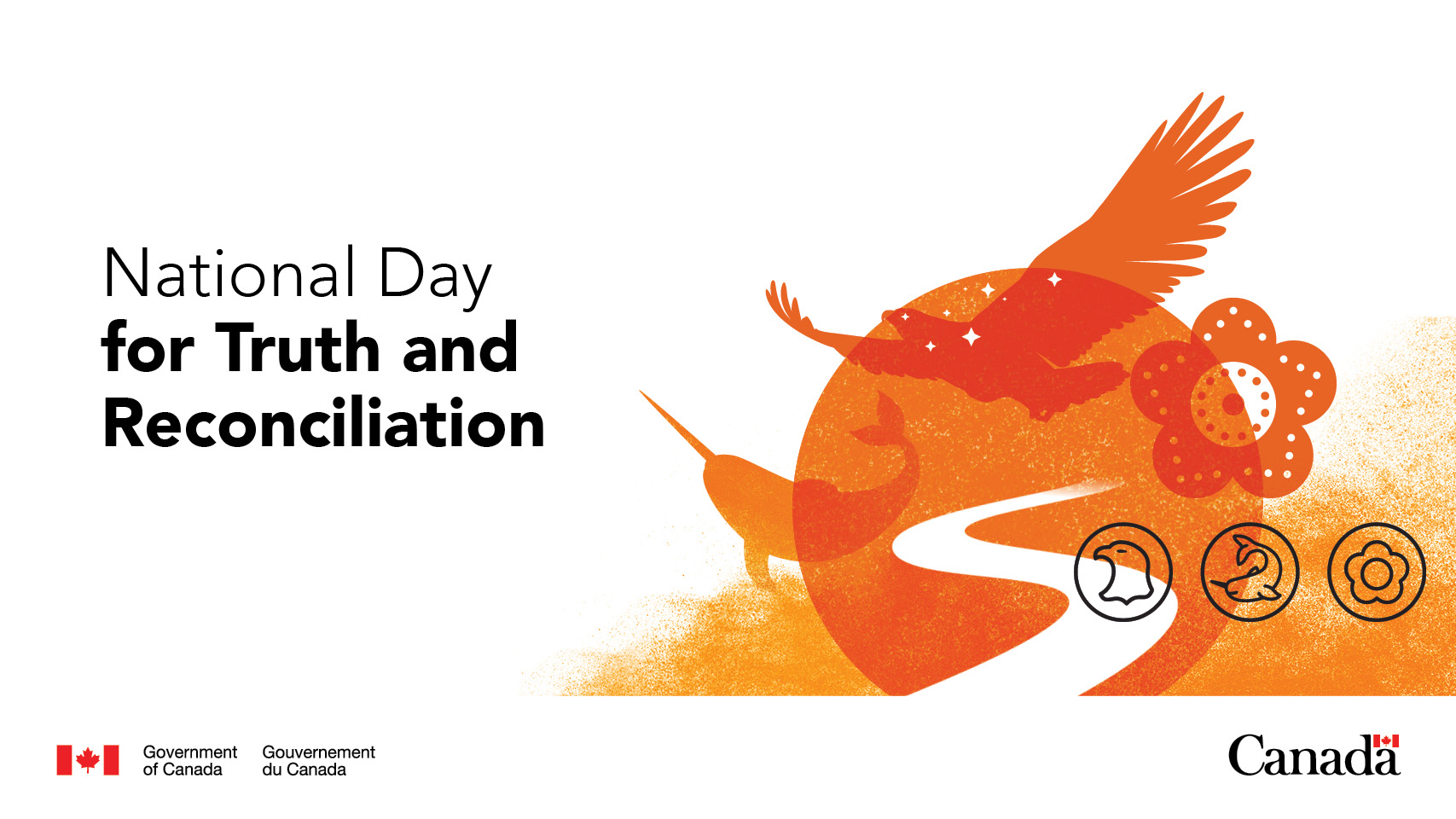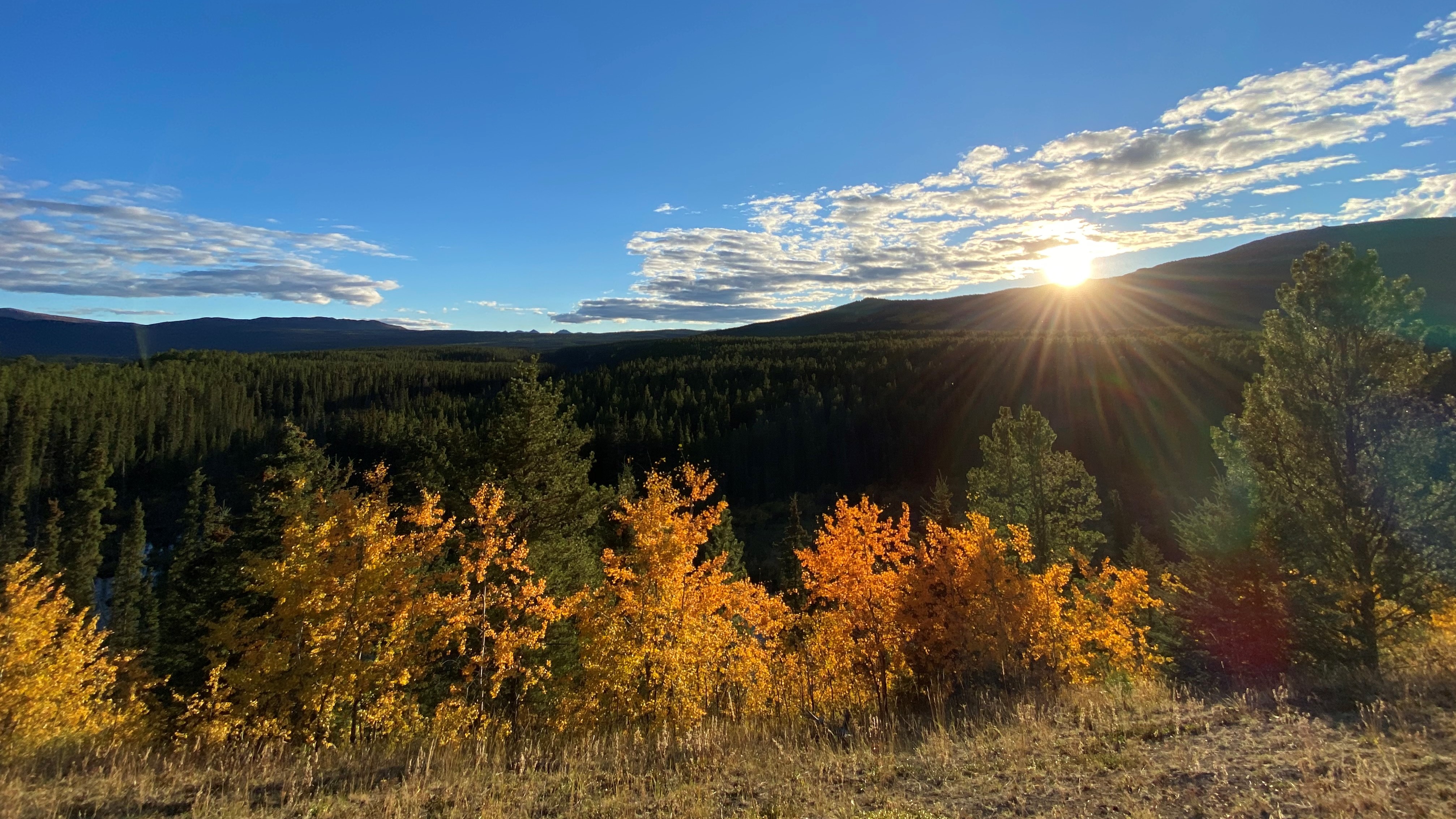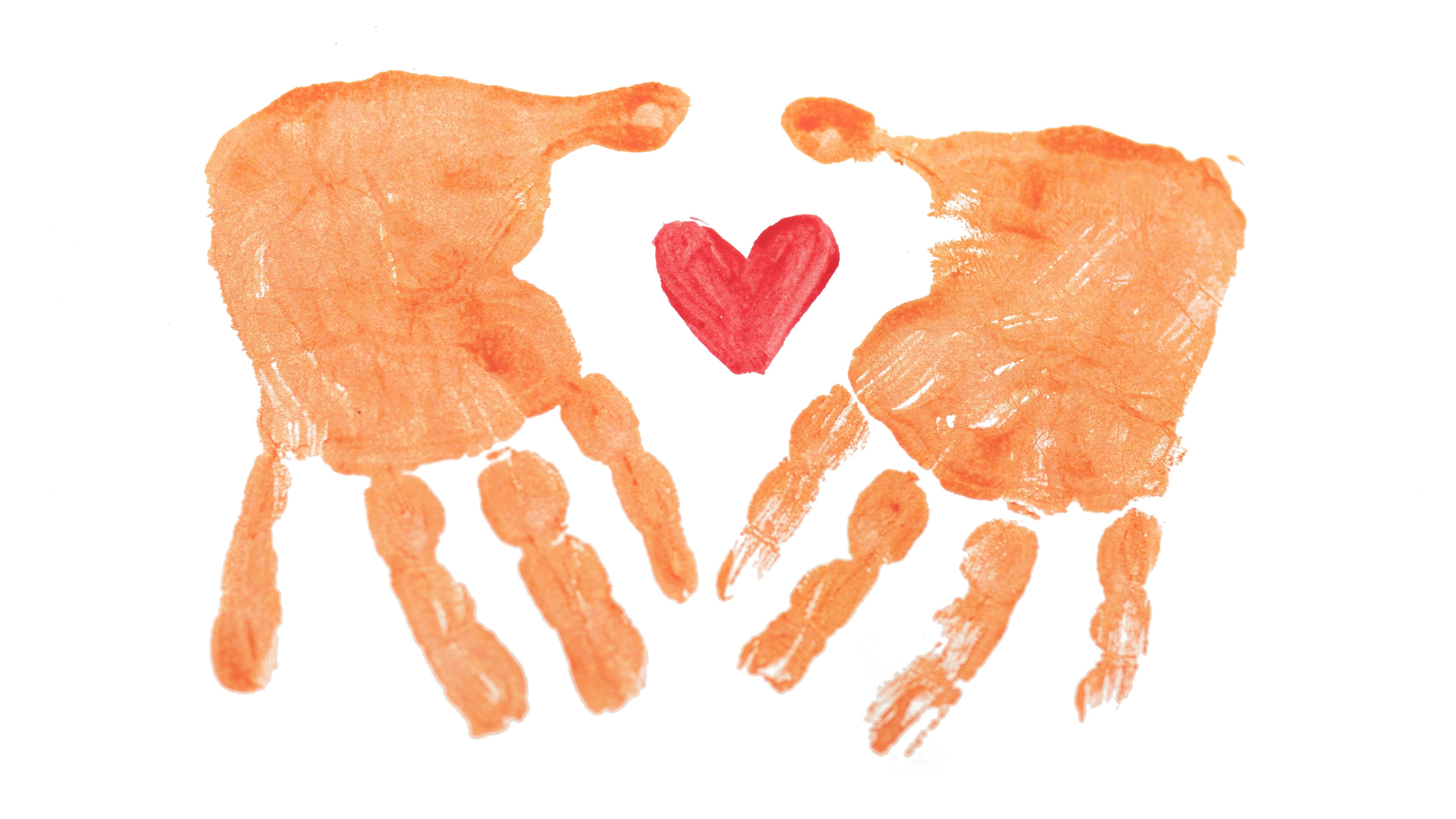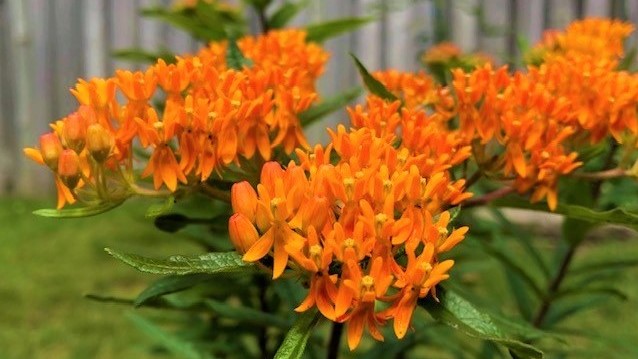This blog post is the second of two resources published to coincide with 2022’s National Day for Truth and Reconciliation in Canada, observed each year on September 30. Click here to access the first post, titled Community-based healing: Meaningful ways to observe NDTR.
Supports
This blog post contains content related to residential schools, assimilation, ongoing harm and colonial impacts.
Former residential school students can call 1-866-925-4419 for emotional crisis referral services and information on other health supports from the Government of Canada.
Indigenous peoples across Canada can also go to The Hope for Wellness Help Line 24 hours a day, 7 days a week for counselling and crisis intervention.
Call the toll-free Help Line at 1-855-242-3310 or connect to the online chat.
This post was co-authored by Rochelle Ignacio and Angelina Pelletier.
“Reconciliation is a way of life, continuous, with no end date. It is learning from our lived experiences and understanding one another. It is creating the necessary space for us to heal. It is planting seeds of hope and respect so that our garden blooms for our children.”
‒ Governor General Mary May Simon
We would like to formally acknowledge that September 30, 2022 marks the second annual National Day for Truth and Reconciliation in Canada. In response to Action 80 from the Truth and Reconciliation Commission of Canada’s Calls to Action, the Government of Canada established September 30 as a federal statutory holiday to honour Survivors, their families and communities, and to ensure that public commemoration of the history and legacy of residential schools remains a vital component of the reconciliation process.
For more information, see this post.
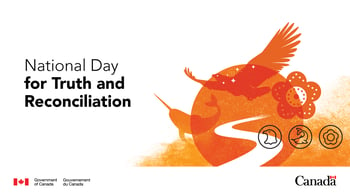 Orange Shirt Day
Orange Shirt Day
The National Day for Truth and Reconciliation coincides with Orange Shirt Day, which is a grassroots, Indigenous-led movement that honours children who were impacted by the residential school system. Phyllis Webstad, Founder of Orange Shirt Day Society, is Northern Secwpemc (Shuswap) from the Stswecem’c Xgat’tem First Nation (Canoe Creek Indian Band). She created Orange Shirt Day to recognize the harm the residential school system did to children's sense of self-esteem and well-being, and as an affirmation of our commitment to ensure that everyone around us matters.
We encourage you, a member of the Tamarack Community, to buy and wear an orange shirt from Indigenous makers and organizations.
Resources to Support Action
Building upon the Resources for Truth and Reconciliation blog post authored by Natasha Pei in 2021, the Tamarack team has compiled several resources that have been co-authored or co-led with Indigenous partners that may help settlers and settler-led organizations take steps towards reconciliation.
As settlers, we all have responsibilities in reconciliation with Indigenous Peoples in Canada. Your journey starts with learning about the histories, understanding modern-day injustices and dismantling and decolonizing systems which continue to oppress Indigenous Peoples in Canada.
Foundations: Truth and Reconciliation
-
Introduction to Reconciliation – This webinar recording featuring Charlene Seward of Reconciliation Canada focuses on how settlers can start their truth and reconciliation journeys.
-
Creating a Culture of Equity and Reconciliation – This webinar recording featuring writer, editor and educator Suzanne Methot focuses on practical ways to create systems change.
Centering Indigenous people: Culture and ways of knowing in social change work
-
Stewarding the Land Back: Sage Harvesting – This blog post written by Angelina Pelletier focuses on Indigenous land stewardship through the traditional practice of harvesting sage.
-
Tackling racism, trauma and inequity with Communities Ending Poverty - This blog post written by Maureen Owens offers a personal reflection of the author’s personal learning journey towards reconciliation
-
Indigenous Perspectives on Poverty Reduction (webinar recording) and Ending Poverty Pathways: Indigenous Poverty (podcast episode) feature several national and local Indigenous leaders highlighting the imperative of addressing racism and building Indigenous self-determination to reduce poverty.
-
With NOT For – This blog post by Jessica Lazare, an Onkwehonwe woman from the Kanien’kehá:
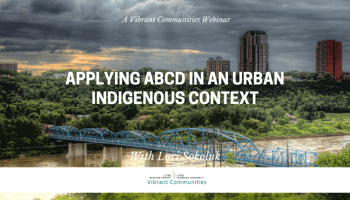 ka territory of Kahnawà:ke, focuses on the importance of youth voices in defining their own needs and in decision-making.
ka territory of Kahnawà:ke, focuses on the importance of youth voices in defining their own needs and in decision-making.
-
Reconciliation and sustainable development in cities – This blog post by Jorge Garza and Jordan Gray explores how reconciliation can contribute to achieving the UN’s Social Development Goals (SDGs).
-
Centering Indigenous Knowledge and Leadership in Your Work – This blog post by Shaelyn Wabegijig about the Nogojiwanong/Peterborough SDG Project offers an example of how Indigenous and non-Indigenous communities can collaborate and build good relationships to advance the SDGs.
-
Applying ABCD in an Urban Indigenous Context – This webinar recording featuring Lori Sokoluk of New Moose Consulting aligns Asset-Based Community Development (ABCD) and Traditional Values to decolonize community
Indigenous-Led Movements to Support
-
Shannen’s Dream is an organization working for every First Nations child in Canada to have a safe and comfy school and equitable education.
-
2 Spirits In Motion Society aims to create, maintain and strengthen a safe and supportive social environment for Two Spirit peoples to feel loved, to be loved, to succeed and to become empowered.
Reading Resources
Read books by Indigenous authors about residential schools and reconciliation
-
Discover resources available from your local library, such as the Calgary Public Library’s Indigenous Reading List: Truth and Reconciliation
Bilingual Resources
-
Indigenous Corporate Training Inc.'s 23 Tips on What Not to Say or Do When Working Effectively with Indigenous Peoples EN | Pièges à eviter FR
- The British Columbia First Nations’ Data Governance Initiative's Nation-to-Nation Resource EN | De nation à nation FR
-
The Montreal Indigenous Community NETWORK's Indigenous Ally Toolkit EN | Trousse d’outils pour les alliées aux luttes autochtones FR
Government of Canada Resources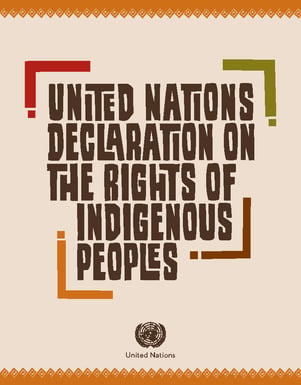
-
The Truth and Reconciliation Commission of Canada's 94 Calls to Action EN | Commission de vérité et réconciliation du Canada : Appels à l’action FR
-
United Nations Declaration on the Rights of Indigenous Peoples EN (UNDRIP), which is a universal framework of minimum standards for the survival, dignity and well-being of the indigenous peoples of the world EN | Déclaration des Nations Unies Sur Les Droits Des Peuples Autochtones FR
-
Jordan’s Principle makes sure all First Nations children living in Canada can access the products, services and supports they need when they need them EN | Principe de Jordan FR
-
Indian Residential Schools Settlement Agreement EN | Convention de règlement relative aux pensionnats indiens FR
-
Reflect on the meaning and action taken following the Statement of apology to former students of Indian Residential Schools EN | Présentation d'excuses aux anciens élèves des pensionnats indiens FR
-
Learn about the establishment of the Truth and Reconciliation Commission of Canada EN | Commission de vérité et réconciliation du Canada FR
Toolkits
-
The Witness Blanket is a large-scale work of art containing hundreds of items reclaimed from residential schools, churches, government buildings and traditional and cultural structures from across Canada.
-
The Commission des droits de la personne et des droits de la jeunesse's Aboriginal Peoples: Fact and fiction, 3rd edition

-
4Rs Youth Movement and Youth Climate Lab's Land(ing) Back: Recentering Indigenous Youth Voices in Climate Action & Reconciliation
Events
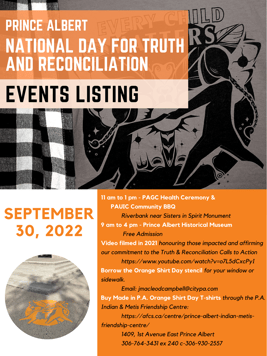
-
Online learning for students Grade 1‒12, delivered by the National Centre for Truth and Reconciliation, University of Manitoba (free)
-
Culture Days National Day for Truth and Reconciliation ‒ nation-wide events (in-person and virtual)
-
National Day for Truth and Reconciliation: Braiding Truth, Reconciliation and Rights ‒ learn about Inuit social and economic experiences
-
Communities like Prince Albert, Saskatchewan, are hosting day-long events, seen at right
-
Forgotten: The Métis Residential School Experience, Vincent Design, Social Enterprise Centre, Treaty 1
The exhibit was developed by the Legacy of Hope Foundation in collaboration with curator Gregory Scofield and advisors Maria Campbell, Brenda MacDougall, Christi Belcourt and Guy Freedman, as well as researcher Tricia Logan.
Read more about the Métis residential school experience in Canada’s Residential Schools: The Métis Experience, from the Final Report of the Truth and Reconciliation Commission of Canada. Download the accompanying exhibit app Forgotten Métis and a PDF guide to the exhibit.
-
Find additional events in your own community through your local Friendship Centre, municipality or post-secondary institution.
Film and Media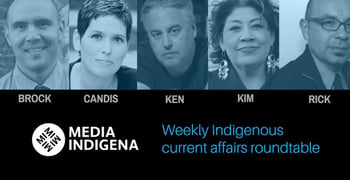
-
Film and TV resources from A7G
-
The Hence Forward podcast
-
Two Crees in a Pod podcast
-
Media Indigena podcast
-
Métis in Space podcast
-
CBC's Missing and Murdered: Finding Cleo podcast
-
Justice for Aboriginal Peoples ‒ It's Time (6 minutes)
-
Doctrine of Discovery Explained (6 minutes) ‒ The context is based in the United States, but is also applicable within Canada
-
The Birth of a Family (80 mins)
-
The National Film Board of Canada's Unikkausivut – Sharing Our Stories playlist
-
The NFB's Indigenous-Made Animation Films channel – A selection of animated films made by Inuit, First Nations and Métis filmmakers
-
Seek out Indigenous-made or -led artwork in your community, such as the new mural just unveiled in Prince Albert (pictured below). Named Kistahpinanihk, “the great meeting place," the work is inspired by the United Nation’s 17 Sustainable Development Goals.
The mural is the result of a weeklong workshop led by Peru-born artist Bruno Hernani and representing a collaboration between CBYF Prince Albert, the Saskatchewan Council for International Cooperation (SCIC) and the City of Prince Albert.

Courses
-
Indigenous Canada Course, delivered by the University of Alberta (free)
-
Explore Executive Training offerings from Indigenous Leadership Development Institute Inc.
Ways to observe beyond Canada
-
Learn about the unique history, contributions, languages, cultural practices and spiritual beliefs of Indigenous Peoples in the community where you have settled
-
Learn more about the tools and programs in place to help support the reclamation, revitalization, maintaining and strengthening of Indigenous languages in in the community where you have settled
-
Learn who is working to advance reconciliation and renew a nation-to-nation relationship with Indigenous Peoples, based on recognition of rights, respect, cooperation and partnership.





